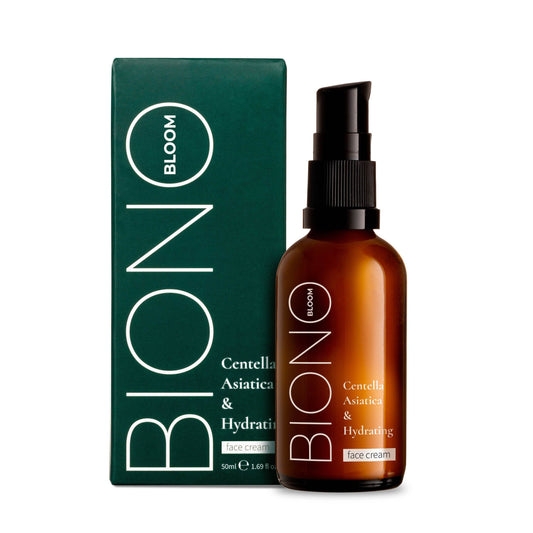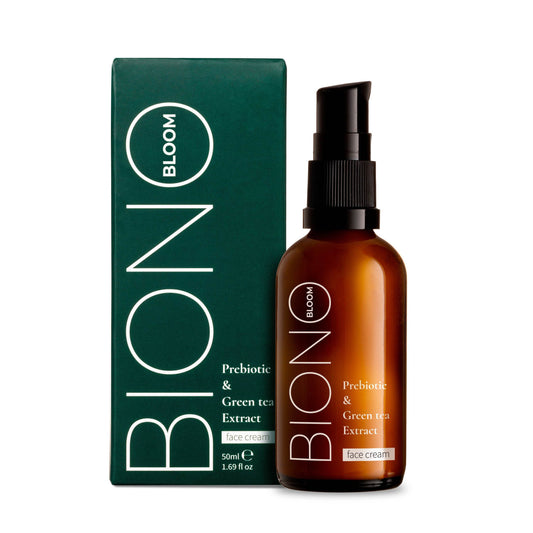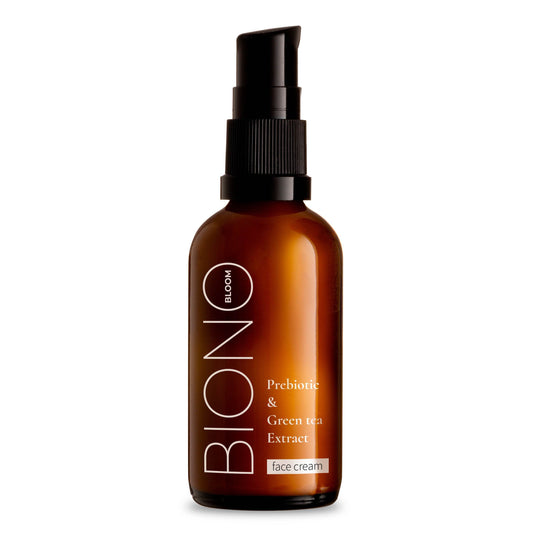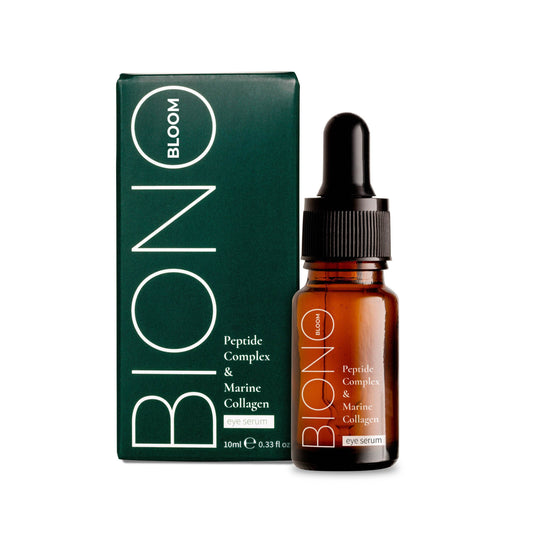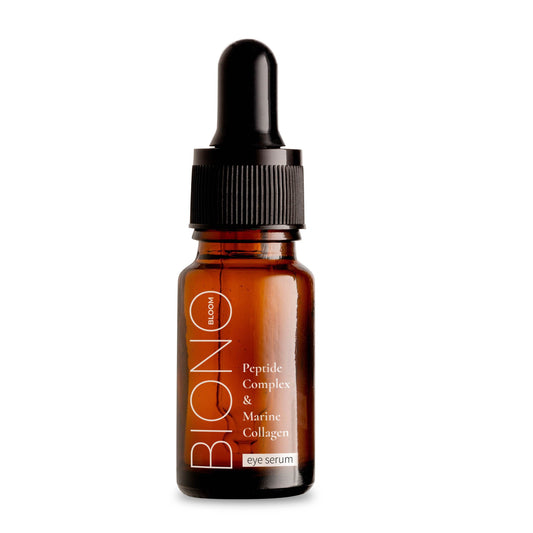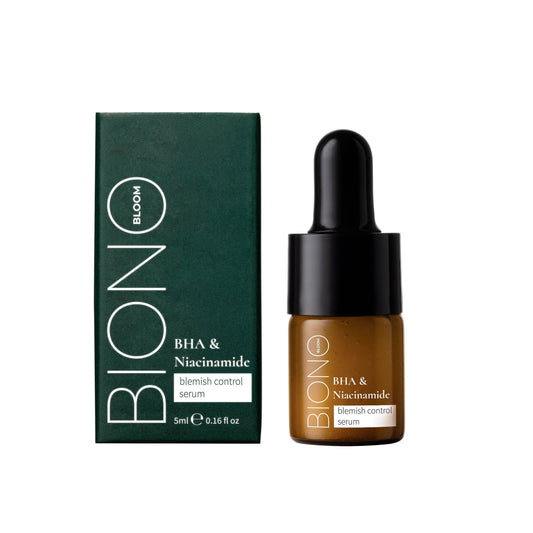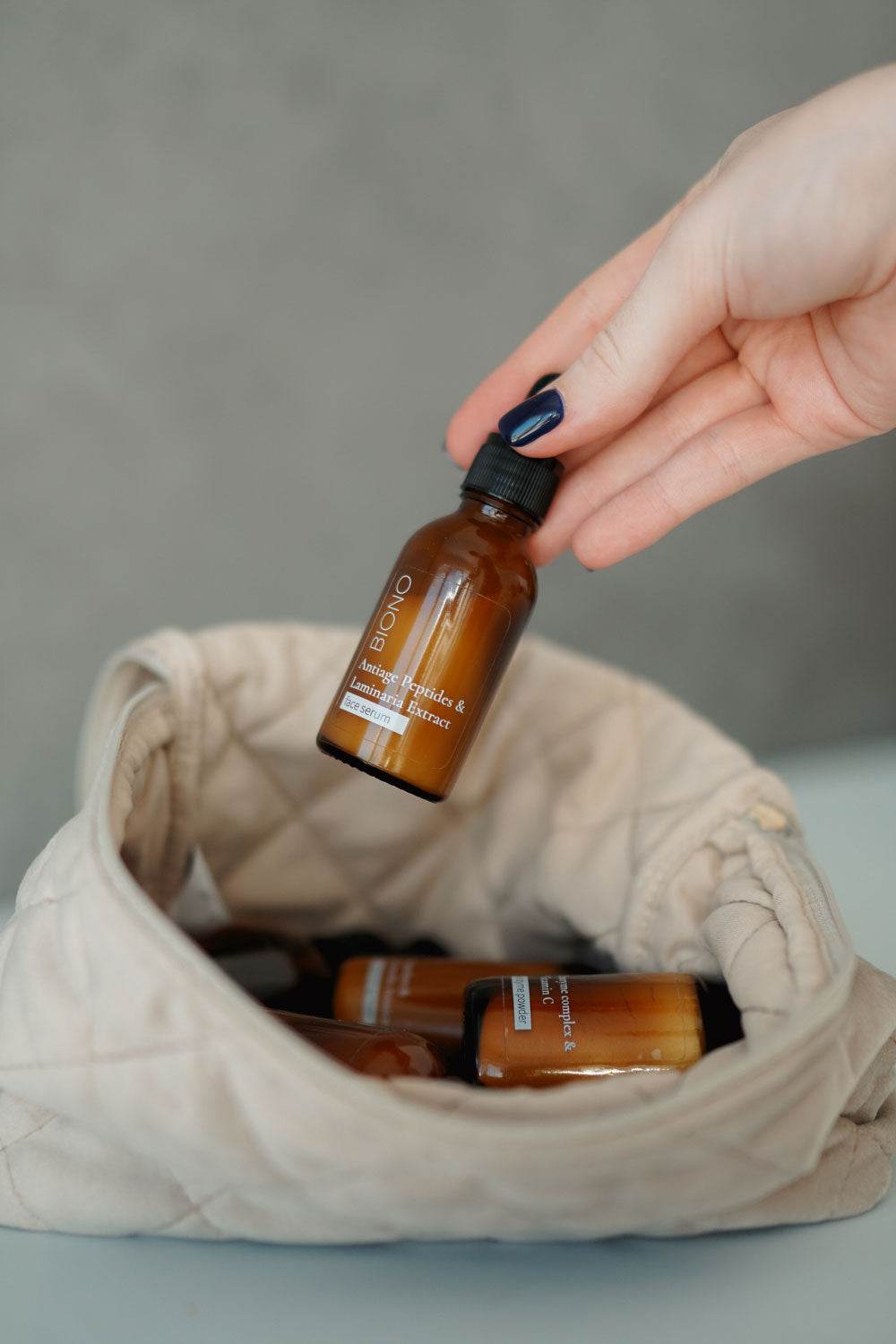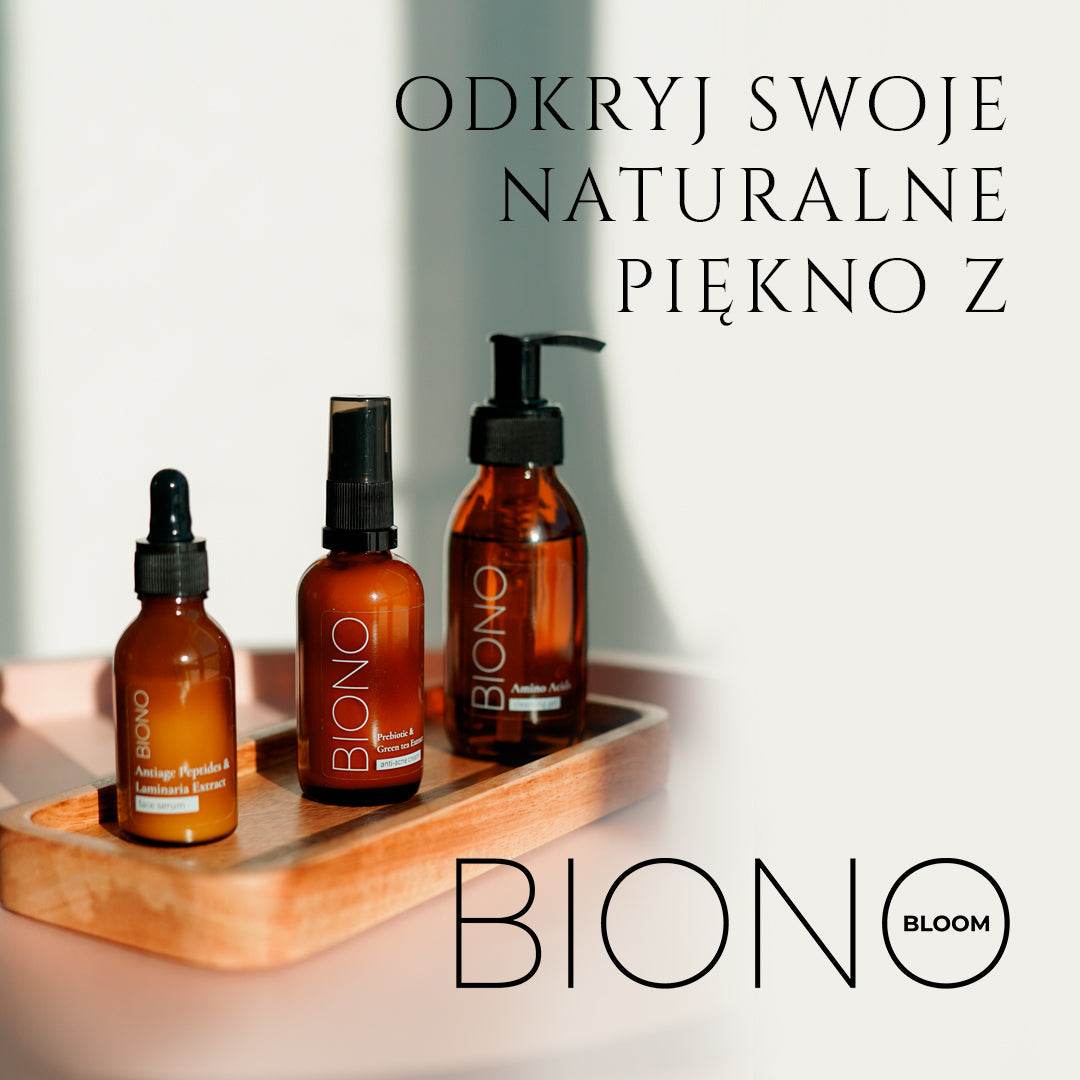
Retinol Cream: A Complete Guide to Use and Safety for Your Skin
Retinol is considered one of the most effective ingredients in modern cosmetology, capable of radically changing the condition of the skin. This derivative of vitamin A actively stimulates cell renewal, reduces the visibility of wrinkles and improves skin texture. However, the use of retinol cosmetics requires special caution and knowledge of the rules of application. It is especially important to understand when and how to use such products, because improper use can lead to irritation or even harm to health in some life situations.
What is Retinol Cream and Its Benefits for the Skin
Retinol cream is a cosmetic containing an active form of vitamin A, which is able to penetrate deep layers of the epidermis. Retinol works at the cellular level, accelerating the regeneration process and stimulating collagen production. This makes it an irreplaceable helper in the fight against signs of skin aging.
The main benefits of using retinol creams include reducing deep and fine wrinkles, evening out skin tone, and reducing discoloration. Regular use of such products helps improve skin elasticity, making it firmer and younger. In addition, retinol effectively fights acne and acne scars, cleansing pores and reducing inflammatory processes.
It is important to understand that the effect of using retinol creams does not appear immediately - the first noticeable results can be seen after 4-6 weeks of regular use. Therefore, patience and consistency in care are key factors for success. The concentration of retinol in creams can vary from 0.25% to 1%, and you should always start with the lowest concentrations.

Retinol Eye Cream: Specific Uses
Retinol eye cream requires a particularly careful approach, as the skin in this area is the thinnest and most sensitive on the entire face. Before first use, be sure to conduct an allergic reaction test on a small area of skin. The product should be applied only to the outer corners of the eyes, avoiding direct contact with the mucous membrane.
Special eye creams with retinol usually have a milder formula and a lower concentration of the active ingredient compared to products for the entire face. This helps minimize the risk of irritation and dryness. It is recommended to use such creams no more than 2-3 times a week at the initial stage, gradually increasing the frequency to daily use.
The best time to apply a retinol eye cream is in the evening, as retinol can make your skin more sensitive to UV rays. Be sure to use an SPF the next morning. Results include a reduction in crow's feet, improved firmness around the eyes, and a reduction in the appearance of dark circles.
Safety of use: why you should not use retinol cream during special periods
The safety of using retinol cosmetics is critically important, especially for women of childbearing age. Retinol belongs to the group of retinoids, which can have a teratogenic effect, that is, negatively affect the development of the fetus. That is why the use of any retinol products is strictly prohibited during pregnancy planning, pregnancy and breastfeeding.
In addition to pregnancy, caution should be exercised by people with sensitive skin, eczema or dermatitis. In such cases, a consultation with a dermatologist is necessary before starting use. It is also not recommended to combine retinol with other active ingredients, such as acids (glycolic, salicylic), benzoyl peroxide or high concentrations of vitamin C.
Special attention should be paid to gradually introducing retinol into your skin care routine. Start by using it once a week, gradually increasing the frequency. If you notice any signs of irritation (redness, peeling, burning), discontinue use and consult a specialist. Remember, safety should always be your top priority when it comes to skin care.
Proper Skincare: How to Introduce Retinol into Your Routine
Introducing retinol into your daily skincare routine requires patience and graduality. The first week, use a retinol cream only once, the second week – twice, and so on until you reach your desired frequency. This will allow your skin to gradually adapt to the active ingredient without stress or irritation.
The best time to apply a retinol cream is in the evening, after thoroughly cleansing the skin. Apply a thin layer to dry skin, avoiding the area around the eyes and lips if you are not using a specialist product. After application, wait for it to absorb completely before applying a moisturizer or serum.
A mandatory element of care when using retinol is the daily use of a cream with an SPF of at least 30. Retinol makes the skin more sensitive to sunlight, so protection from UV rays is critical. It is also recommended to avoid prolonged exposure to the sun and visits to a solarium when actively using products with retinol.

Retinol Alternatives: Safe Options for Everyone
For those who can’t use traditional retinol due to pregnancy, breastfeeding, or skin sensitivities, there are effective alternatives. Bakuchiol is a plant-based retinol alternative, derived from the Psoralea corylifolia plant. It provides similar results without the side effects and is safe to use even during pregnancy.
Peptides are another safe ingredient that stimulates collagen production and improves skin texture. They are gentler on the skin compared to retinol, but still show visible results in fighting the signs of aging. Niacinamide (vitamin B3) is also a great alternative, especially for those with sensitive skin or prone to inflammation.
Vitamin C in a stable form can be a good substitute for retinol in your morning skincare routine. It has antioxidant properties, stimulates collagen synthesis and helps even out skin tone. The combination of these alternative ingredients can provide comprehensive care without the risks associated with using retinol in limited periods of life.
Summary: A sensible approach to using retinol products
Retinol cream is indeed a powerful tool in the fight against signs of skin aging, but its use requires a responsible approach and adherence to safety rules. It is especially important to remember the restrictions on use during pregnancy and breastfeeding, when even external applications can pose a potential risk to the health of the future mother and child.
Properly introducing retinol into your skincare routine, using sun protection products, and consulting a dermatologist will help you achieve maximum results with minimal risk. For those who can’t use retinol, there are effective and safe alternatives that can also keep your skin young and beautiful for years to come.

